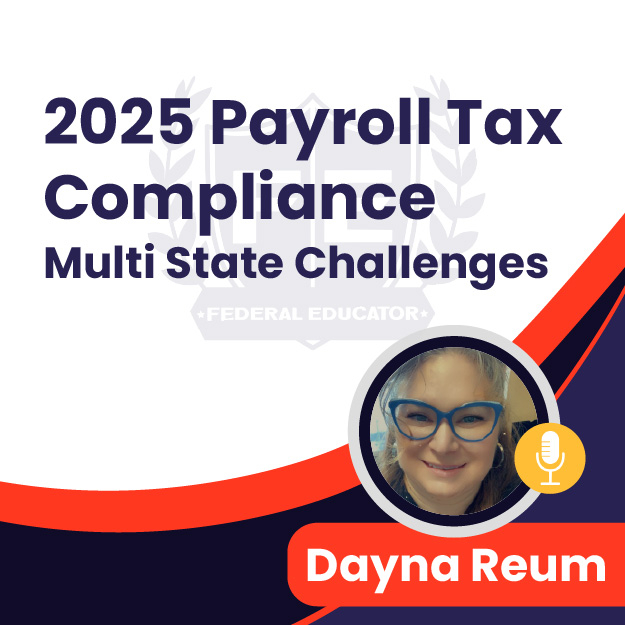Description
RECORDED TRAINING COURSE
It has become critical for employers to understanding how to calculate tax for employees in 2 or more states.
This webinar will give the participant a better understanding of the laws in each state and the tax guidance on how to determine taxation when employees live in one state and work in another. Plus for employees that work in multiple states that travel for work how should employers handle them.
This webinar will be tailored to employers that have a large amount of employees that may telecommute across state borders and how employers can manage the tax liability for those employees. Especially when these employees perform work in multiple states. How the remote work environment has changed the multi state payroll concerns?
SESSION HIGHLIGHTS:
- Legal definition of Residency
- Reciprocity Agreements what are they and how they affect the tax calculation
- Resident/Non-Resident Withholding Rules
- Evaluating taxation for multiple states
- What wages are subject to taxation in the states?
- Withholding compliance issues
- Courtesy Taxation
- State Unemployment Insurance
- Traveling Employees
- Administrative Concerns
- HR Concerns
- Local tax residency rules
- Case Studies?
Why You Should Attend:
Managing payroll and tax compliance for employees across multiple states can be complex, especially with issues like telecommuting, which can create tax liabilities for employers when remote workers trigger tax nexus in multiple jurisdictions. Understanding each state’s definition of residency is crucial, as it influences where taxes are owed, while reciprocity agreements between states can help avoid double taxation for employees working across state lines. Employers must also navigate resident and non-resident withholding rules to ensure correct tax deductions based on the employee’s home state and where work is performed. Evaluating employee withholding taxation involves understanding how state tax rules apply to wages earned in multiple locations, including how wages subject to state taxation can vary by jurisdiction. Additionally, compliance with state tax forms, unemployment insurance, and local taxes can complicate matters, especially for traveling employees who may work in several states. Employers must stay on top of administrative and HR concerns, ensuring proper tracking of employee work locations and withholding, while also adhering to local tax residency rules. Lastly, reviewing case studies and examples of how other businesses handle multi state taxation can provide valuable insights into effectively managing these challenges and ensuring compliance across all states involved.
Who Should Attend:
- Payroll Professionals
- Human Resources
- Accounting Personnel
- Owners
- Employee Benefit Professionals
- Lawmakers
- CFO’s
- Attorneys who are Dealing with Payroll Process
Note: You will get access to the Recording link and E-Transcript; in your account and at your registered email address.


 Dayna is currently the Director of Payroll Operations at a major medical center in Chicago. Dayna has been heavily involved in the payroll field over 17 years. Starting as a payroll clerk at a small Tucson company, Dayna moved on to be a Payroll Team Leader at Honeywell Inc. During Dayna’s time at Honeywell she obtained her FPC (Fundamental Payroll Certification) through the American Payroll Association.
Dayna is currently the Director of Payroll Operations at a major medical center in Chicago. Dayna has been heavily involved in the payroll field over 17 years. Starting as a payroll clerk at a small Tucson company, Dayna moved on to be a Payroll Team Leader at Honeywell Inc. During Dayna’s time at Honeywell she obtained her FPC (Fundamental Payroll Certification) through the American Payroll Association.



